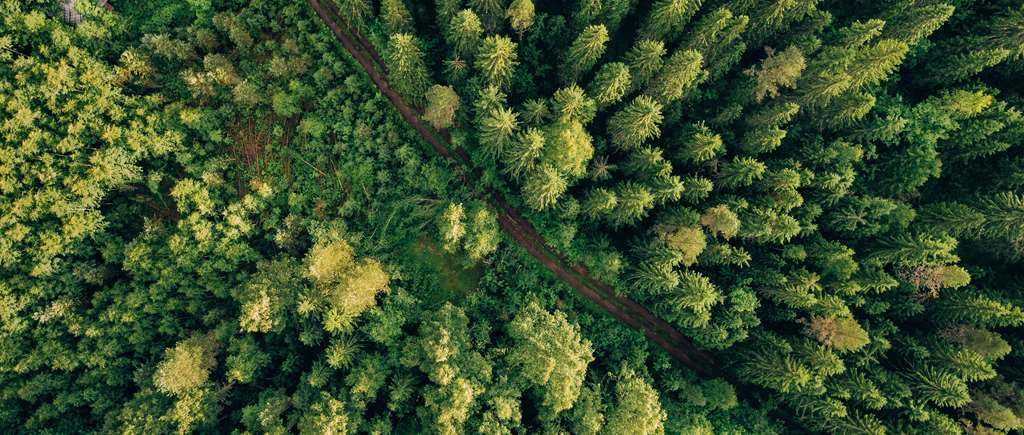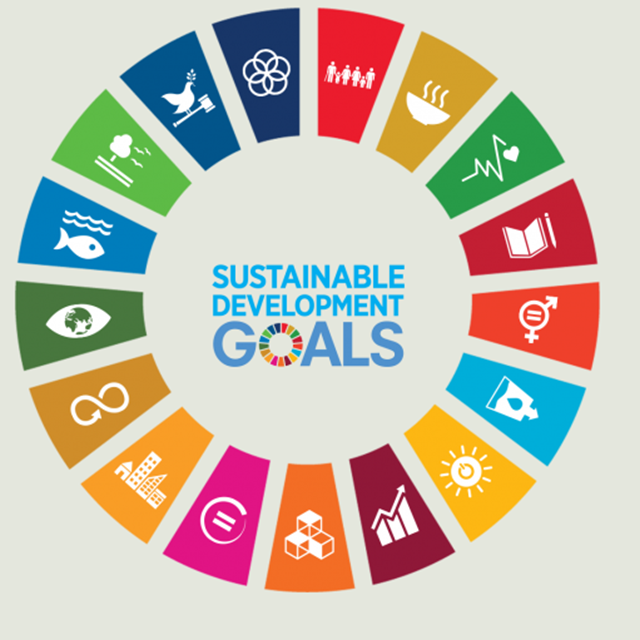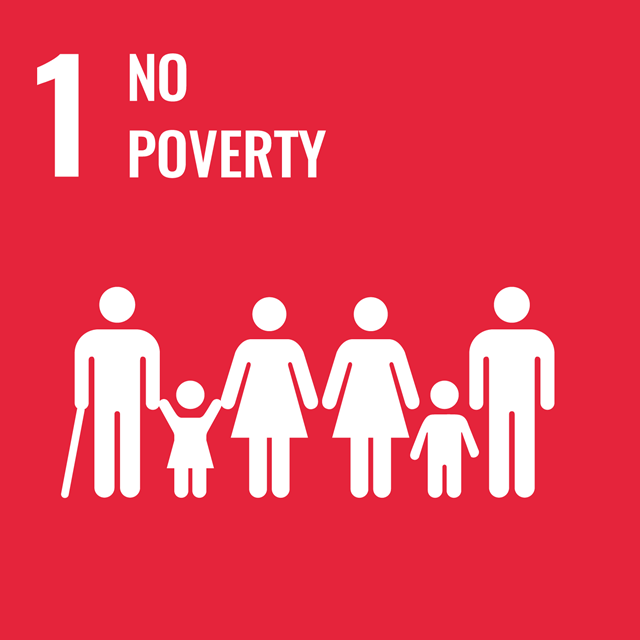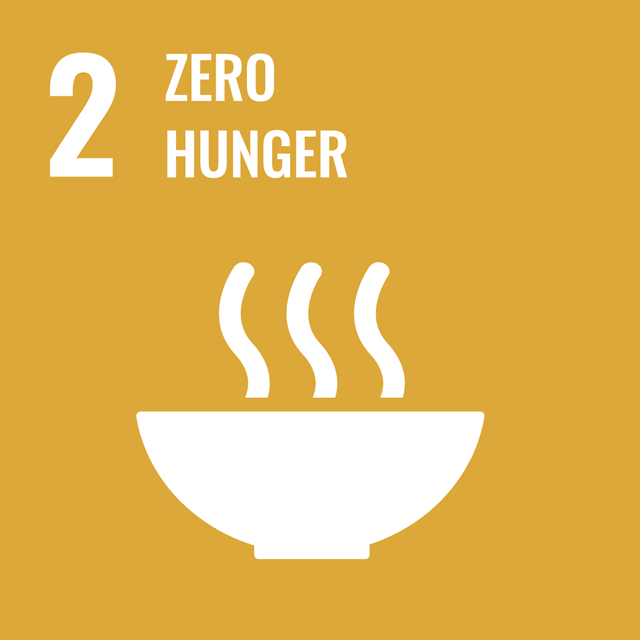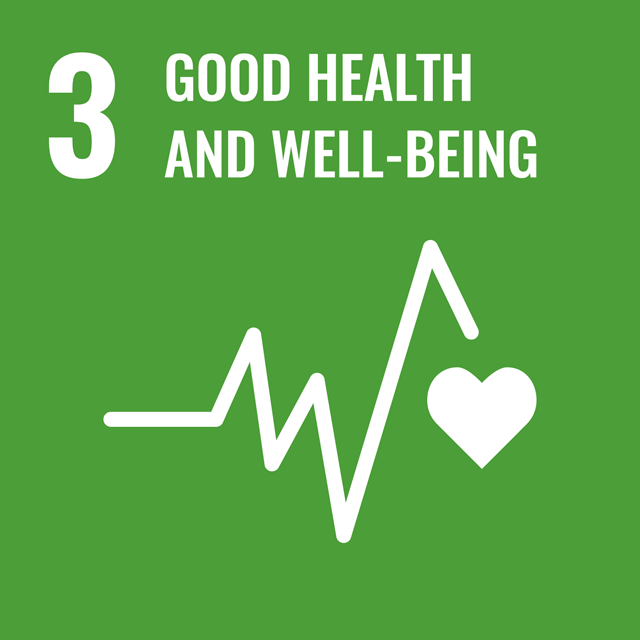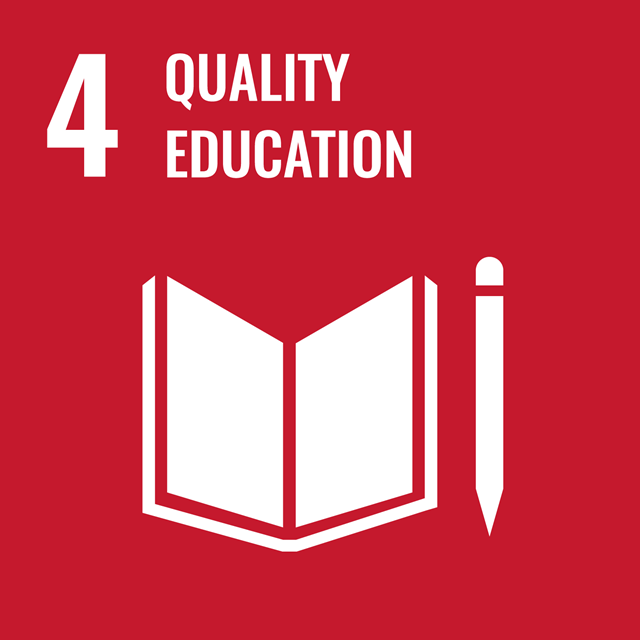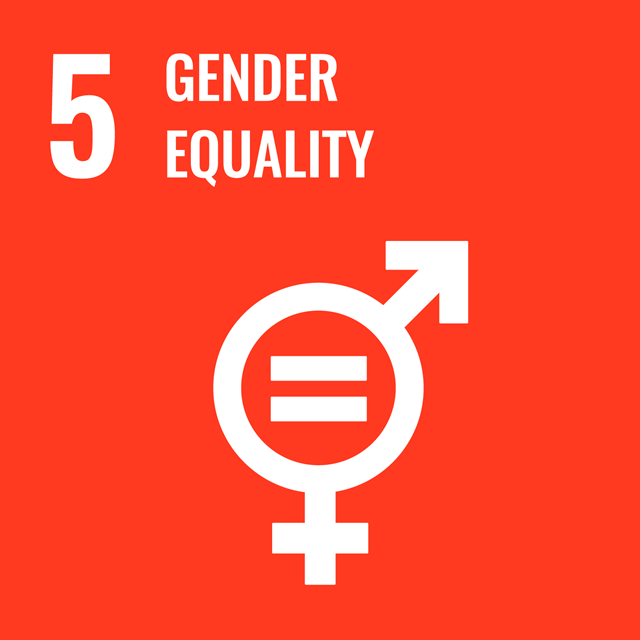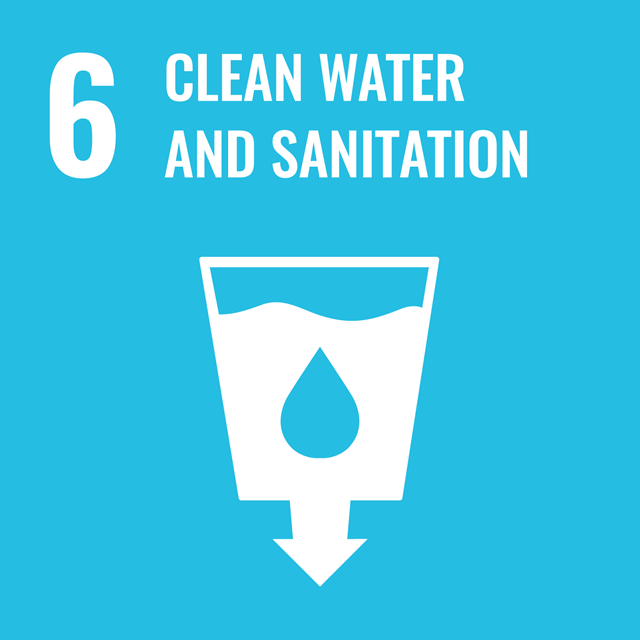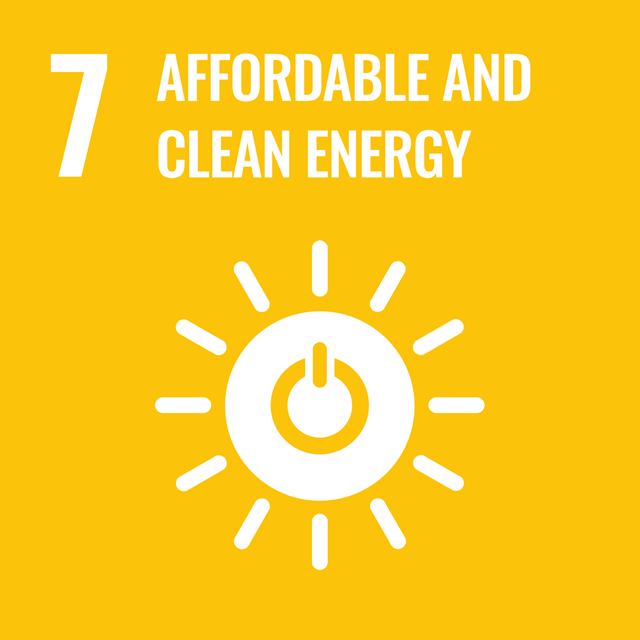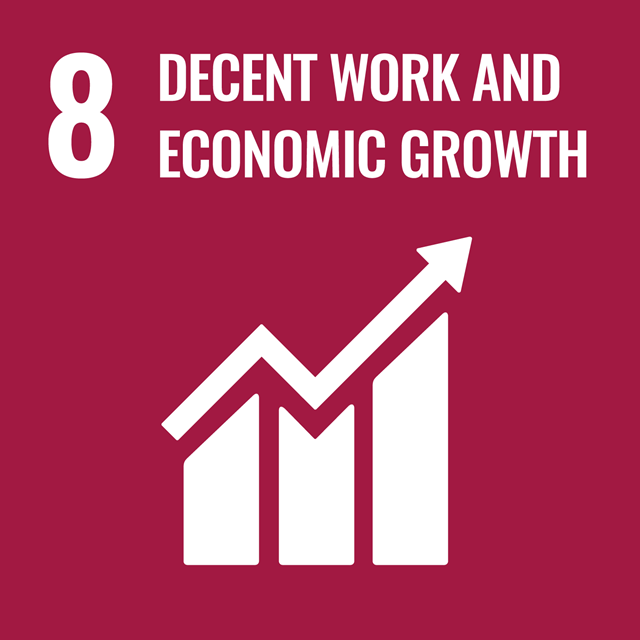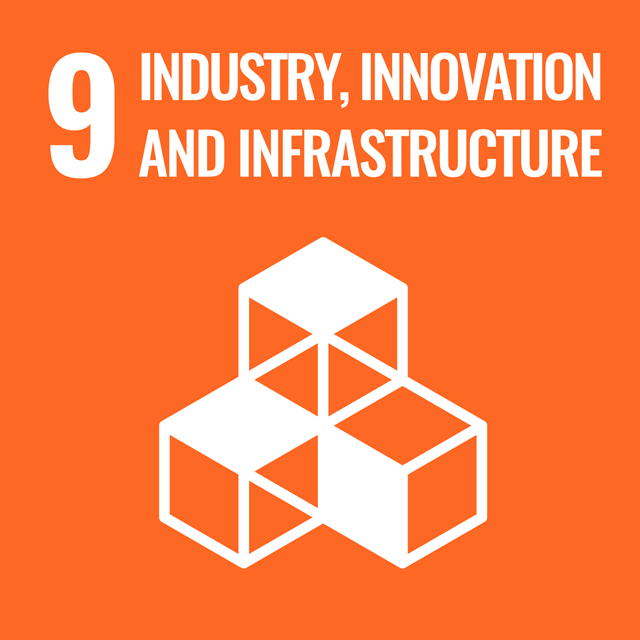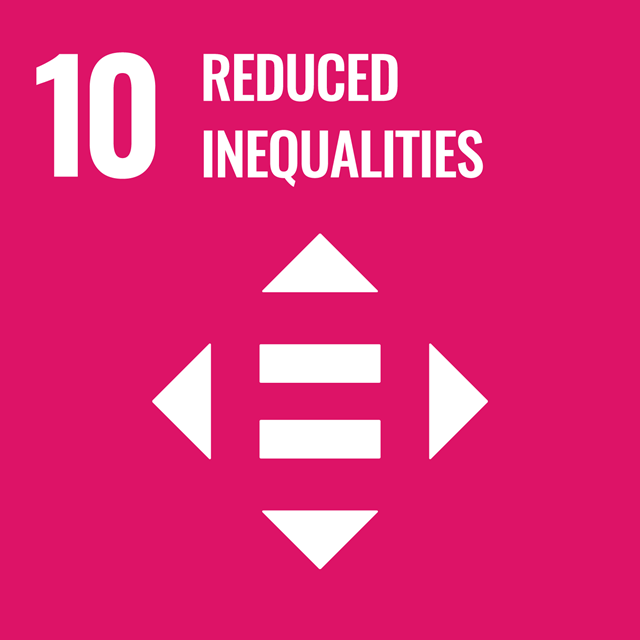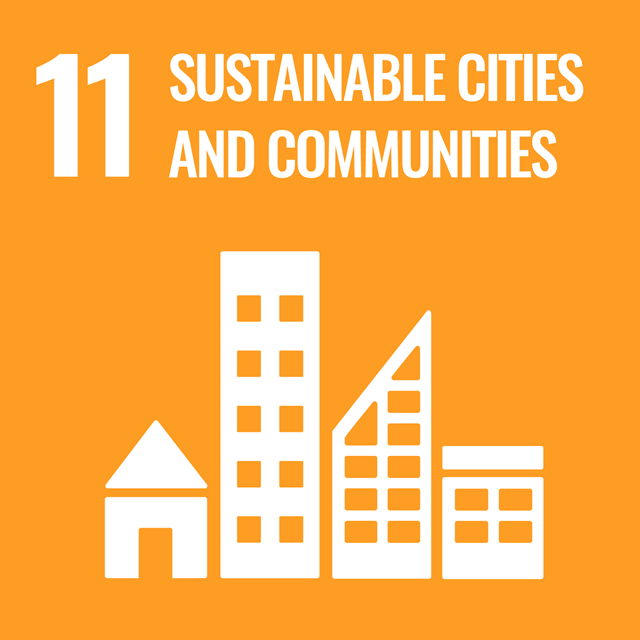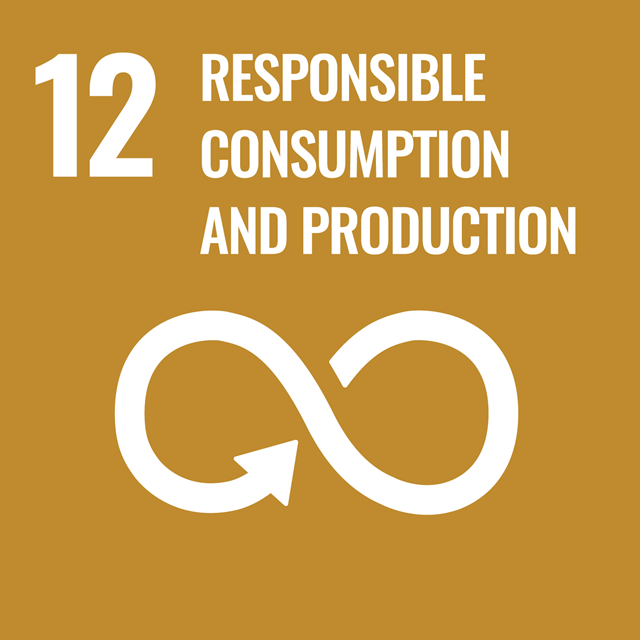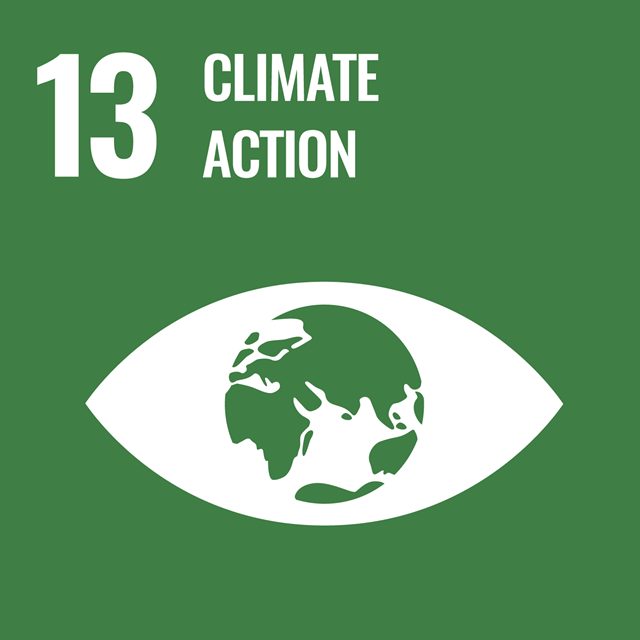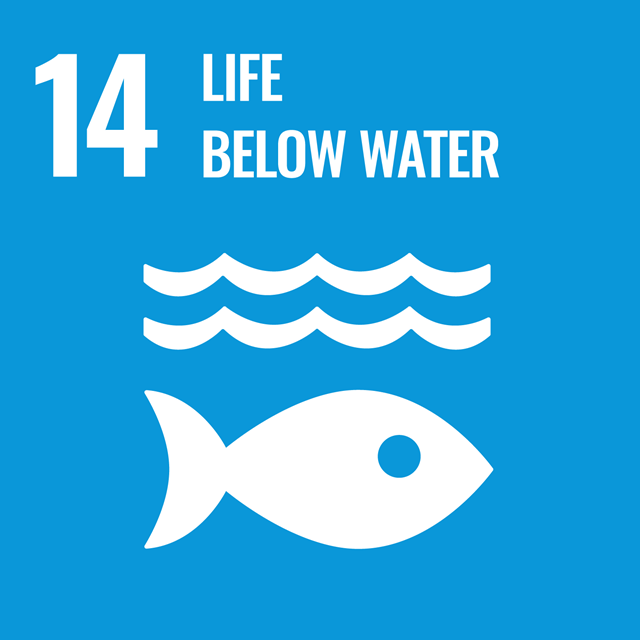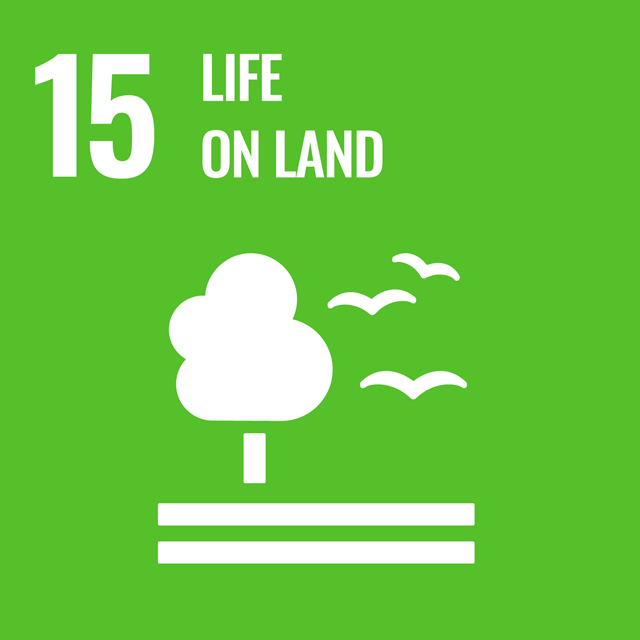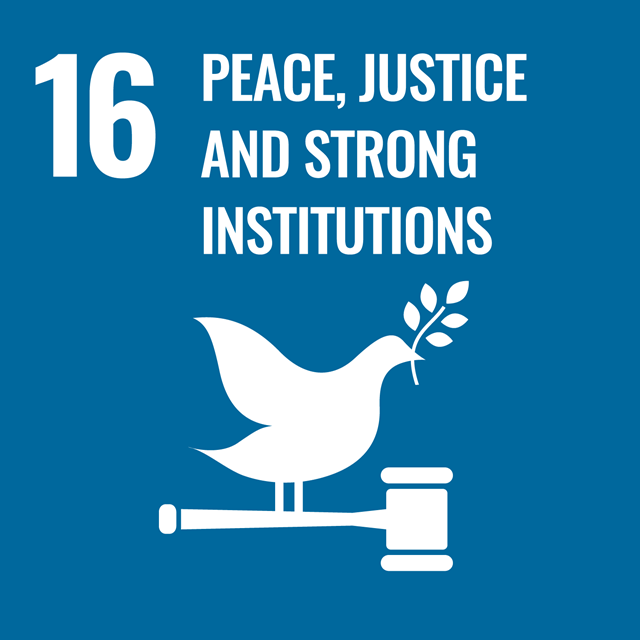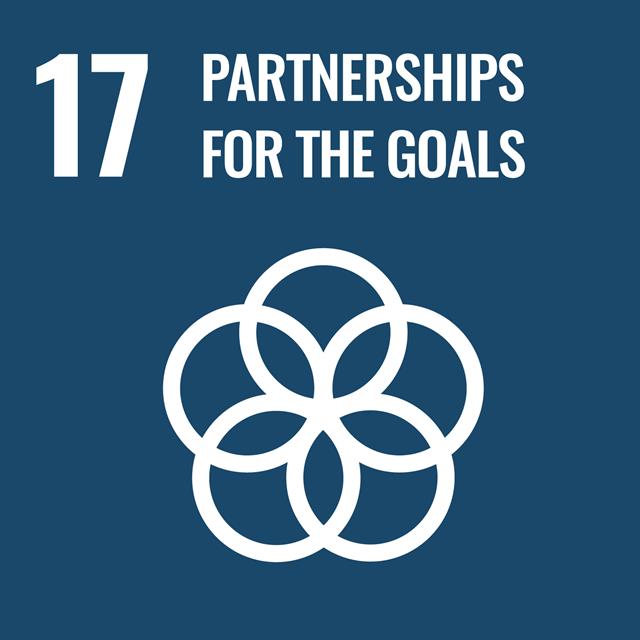Borregaard has prioritised six of the seventeen Sustainable Development Goals (SDGs) set out in the UN 2030 Agenda for Sustainable Development based on how we as a company can contribute to solving the global challenges through our activities and solutions:
- 2 Zero hunger;
- 8 Decent work and economic growth;
- 9 Industry, innovation, and infrastructure;
- 12 Responsible consumption and production;
- 13 Climate action; and
- 15 Life on land
Borregaard can have a positive impact in these areas through our unique biorefinery concept and our sustainable products. Below you will find a complete overview of Borregaard's contributions to all seventeen Sustainable Development Goals.

